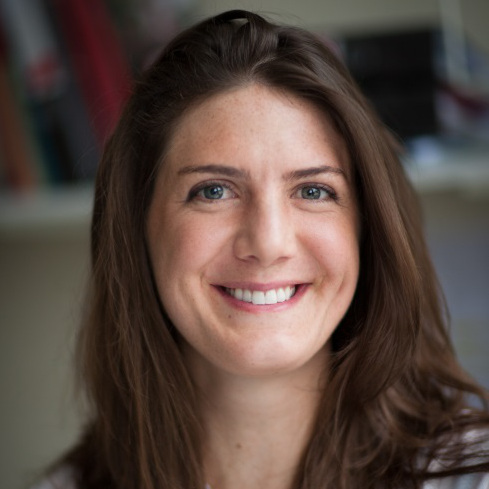Evaluating associations between school environments and health outcomes among students in rural Sri Lanka
Schools are recognised as important sites for preventing malnutrition, but additional work is needed to understand the mechanisms and best approaches to promote nutrition within schools, particularly in low- and middle-income countries. Traditionally, schools have followed a didactic approach to health promotion, focussing on curricula which teach students about healthy eating. However, school policies, practices and environmental characteristics may also have an influence.
Julianne’s DPhil project measures school environments and student health behaviours within three rural districts of Sri Lanka, a country experiencing rapid epidemiological, demographic and economic transition. It is part of a larger study, Integrating Nutrition Promotion and Rural Development (INPARD), which uses a quasi-experimental controlled research design to identify the feasibility of integrating health promotion with rural development. The aim of her project is to evaluate the effects of INPARD’s nutrition promotion interventions on school environments and diets of secondary school children. It investigates if the World Health Organization’s “Nutrition Friendly School Initiative” (NFSI) guidelines, which are used to develop health promotion interventions within schools, are associated with healthy dietary behaviour among pupils within the schools. The project also aims to identify which types of actions to promote healthy eating have the greatest impact on the diets of pupils and to investigate how much of the variance in diet is explained by out-of-school environments compared to within-school environments.
Julianne is funded through a departmental scholarship from the Nuffield Department of Population Health. She is supervised by Dr Nick Townsend and Professor Mike Rayner.



